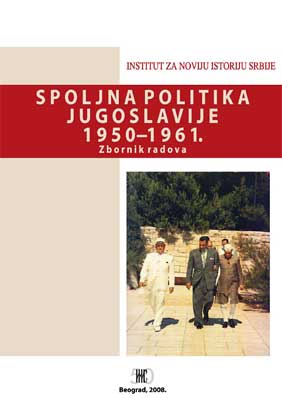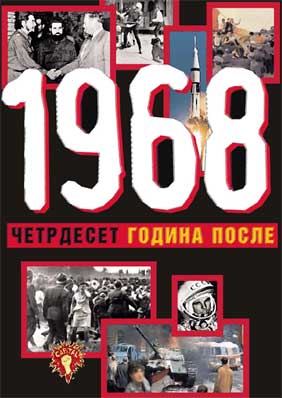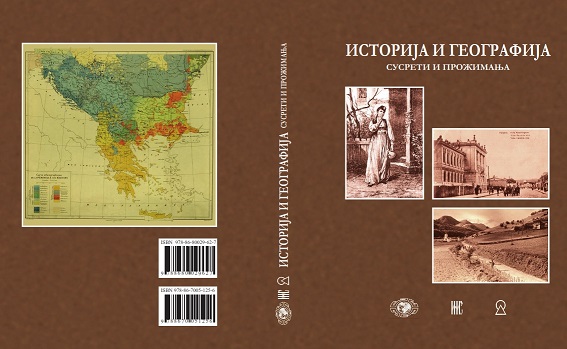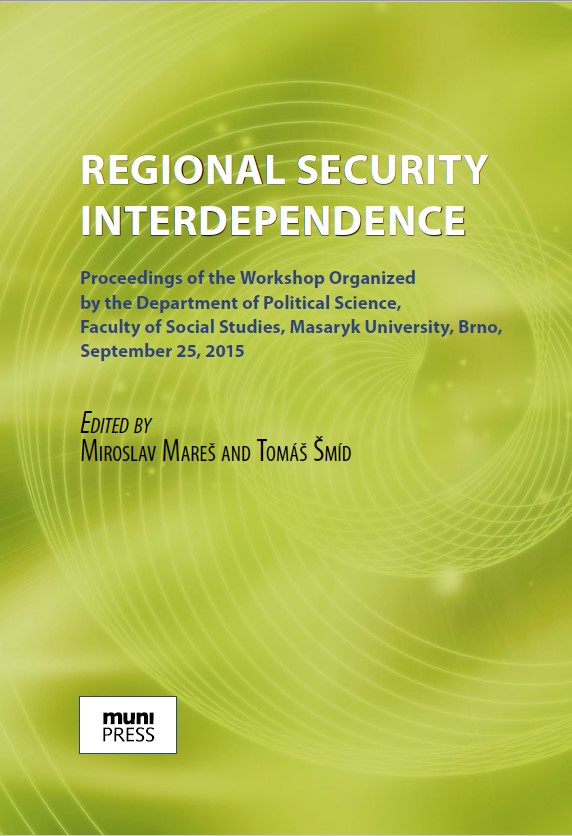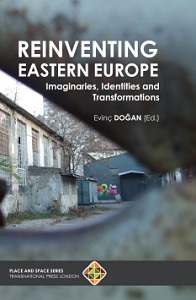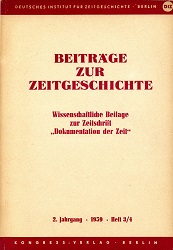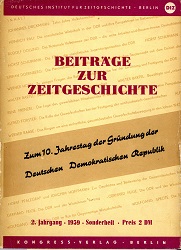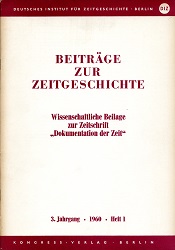Author(s): Anatoly Semenovich Anikeev / Language(s): Russian
Publication Year: 0
Конфликт между СССР и Югославией 1948 г. обозначил очень важный момент в создании советского блока - одну из интегрируемых в него стран не удалось заставить отказаться, несмотря на мощное давление из Кремля, от части своих на ционально-государственных интересов ради общих интересов, возглавляемой Москвой коммунистической коалиции. Так возникла первая трещина в основании, строящейся на песке сталинской империи. Нормализация советско-югославских отношений стала естественным процессом между двумя странами, избравшими, так называемый, „социалистический путь развития”. В то же время, идущая из Москвы, и лично от Н. Хрущева инициатива вновь содержала прежние установки: Югославия должна вернуться в лоно „социалистического лагеря”, с его жесткой, централизованной дисциплиной и беспрекословным подчинением СССР и его гло- бальным целям. Первые оценки и анализ внутренней и внешней политики Юго- славии, сделанные в советском внешнеполитическом ведомстве в течение 1953- первой половине 1954 гг. практически не отличались от тех, которые были сделаны еще в 1948–1949 гг., в период начала конфликта. Это было особенностью работы дипломатического и партийного аппарата тех лет. Чиновники и функционеры го- товили материал, исходя из предположения, что его будут читать в основном теже лица (МИД в тот период возглавлял В. Молотов – А. А.), которые в свое время подписывали различные резолюции против югославской компартии. Этим же людям предстояло принимать и новые решения. Как мы видели, большую работу по информированию московских „товарищей” о своей позиции провела в эти годы югославская сторона. Белград дал недвусмысленно понять Москве, которая была серьезно обеспокоена постепенной интеграцией Югославии в политические и вое нные структуры Запада через Балканский пакт, что это всего лишь временная так тика, целью которой является решение проблемы Триеста. Перспектива восста- но вления экономического обмена между двумя странами, включавшая и поставки военной техники, отображалась в югославском сценарии нормализации, посыла емом Москве, как один из факторов, который будет способствовать прекращению военно-политического сотрудничества с Западом. С другой стороны, начальный этап нормализации дал дополнительный импульс к постепенной кристаллизации югославской политики неприсоединения. Югославии, выстраивая новые отноше- ния с Москвой, приходилось структурировать сложившиеся ранее связи с Западом, сохраняя все нужное и отсекая избыточное, привязывавшее ее к западным блокам. Белград стремился остаться на периферии двух сфер влияния и, лавируя между
ними, каждый раз использовать свою позицию в собственных интересах, как по литических, так и экономических. Любопытно, что югославские дипломаты от кры то, и несколько наивно, говорили Москве о всех преимуществах такой вне- шне по литической линии. Первый период нормализации проходил на фоне скрытой борьбы внутри Кремля между защитниками прежней сталинской поли тики и сторонниками её частичного реформирования. Все это не могло не отразиться и на темпах восстановительного процесса и на его содержании. Итогом стала Белградская декларация 1955 года, которую можно рассматривать и как несомненный
реванш Тито в его долгом противостоянии с Москвой, и как, с другой стороны, победу Хрущева над своими противниками. Не случайно Хрущев прислал Тито стенограммы заседаний июльского, 1955 года, пленума ЦК КПСС, на котором были осуждены позиции В. Молотова, Л. Кагановича и Г. Маленкова в отношении его «югославской» политики. Получается, что Тито в чем–то смог помочь Хрущеву. Вообще причины, по которым Югославия и Тито вызывали у Хрущева в те годы приступы „неконтролируемого” энтузиазма, еще предстоит исследовать. Можно только предположить, что в сознании Хрущева происходило формирование некой идеи, сутью которой могло быть следующее. СССР постепенно преодолевает международную изоляцию, устанавливает более-менее добрые отношения с США и Западом в целом, начинает с их помощью модернизацию своей экономики. Пример отношений Югославии с западными странами в этом случае мог казаться временами советскому лидеру идеальным. Поездка Хрущева и Булганина в Индию и Бирму в эти годы, почти параллельно визитам Тито, также ложится в данную гипотезу. Но идеализм Хрущева имел свои границы. Он не мог отрешиться от своих марксистских представлений, а также действовать вне жесткого контроля ЦК и сохранявшего свои позиции ортодоксального окружения. Ухудшение отношений с Югославией осенью 1956 года, в связи с венгерскими событиями, а затем весной 1958 года, убедительно это подтвердили.
More...


